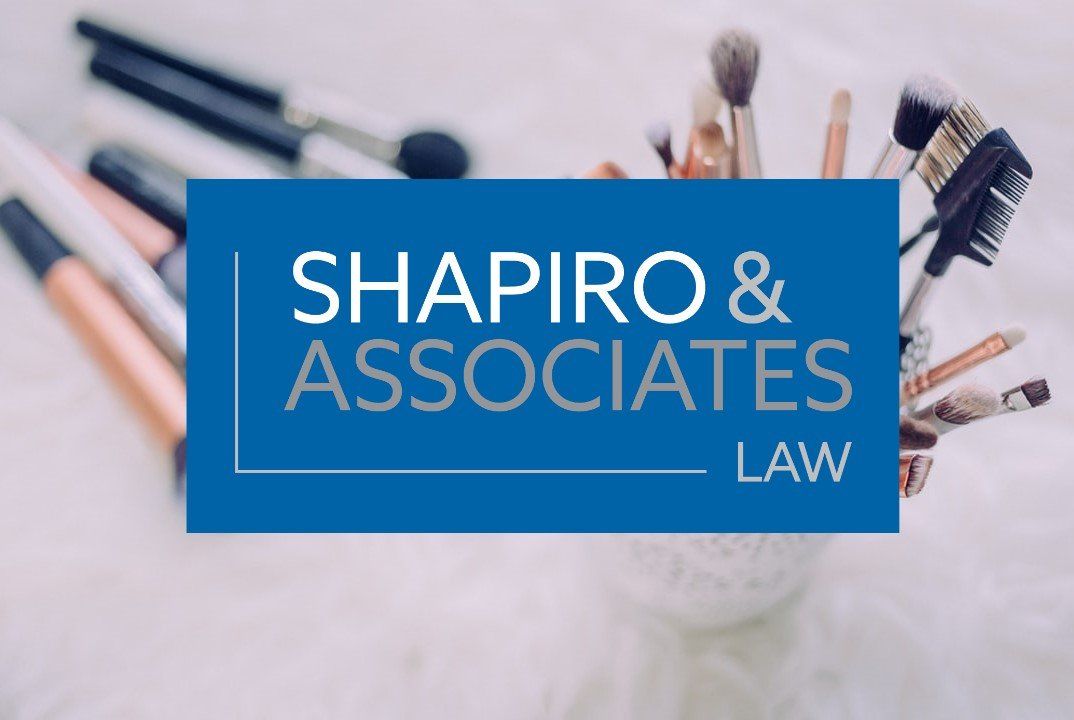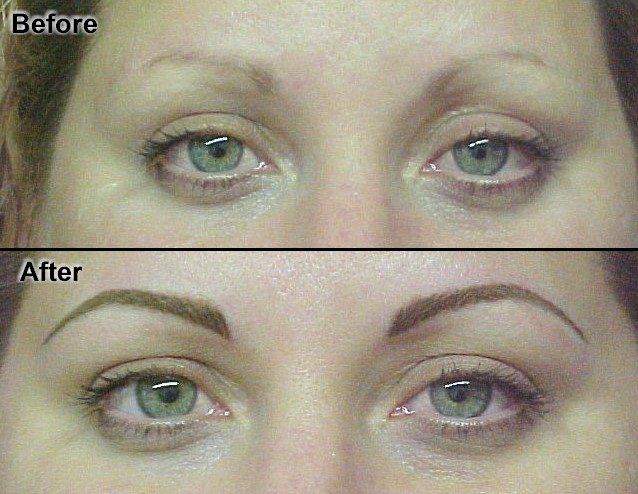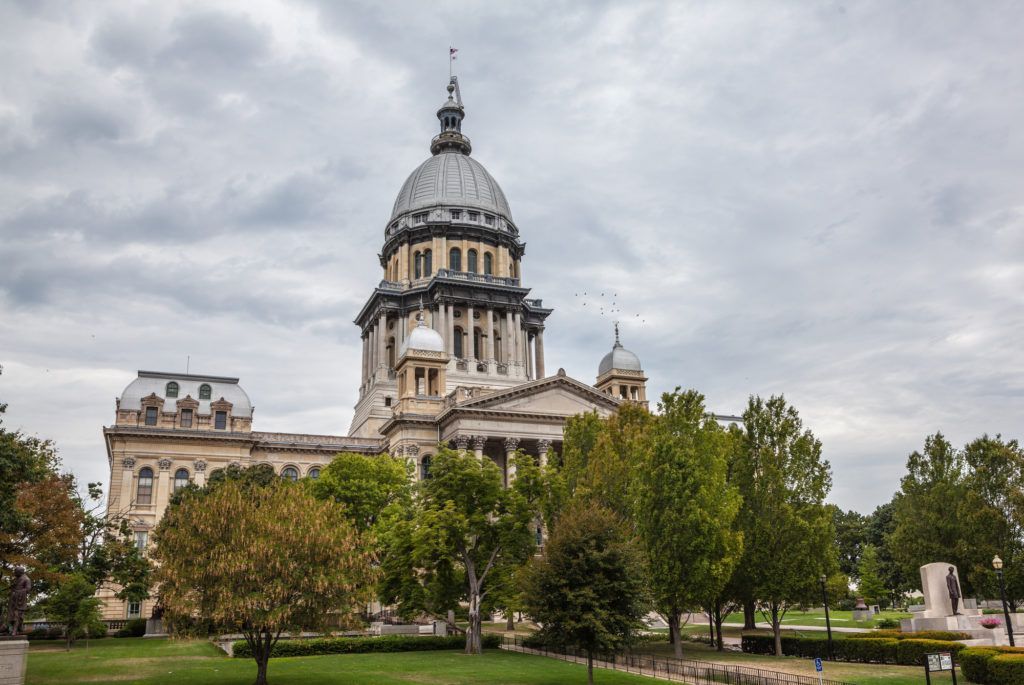
Permanent Cosmetics: Zoning Beyond Skin-Deep
Zoning Challenges for Permanent Cosmetics

It is not uncommon to find that tattooing or tattoo parlors are effectively banned within many cities, municipalities, and villages, or permitted in restrictive zoning districts. This prohibition exists because these local zoning codes do not define “tattooing”, nor do they include tattooing or tattoo parlors as a permitted and conditional use within their applicable use tables. Generally, if the use (permanent cosmetics) or similar use (tattooing) is not listed as a permitted or conditional use, then that specific use simply not allowed.
This was the case for one of Shapiro & Associate’s clients, a highly regarded business owner, and permanent cosmetic technician and instructor, who was experiencing great demand for permanent cosmetics procedures. However, she was effectively prohibited for engaging in these types of procedures because tattooing, of any type, was not an enumerated Use Type within the local municipality’s zoning code. In addition to providing permanent cosmetic procedures, our Client desired to operate a specialty school and training facility for those seeking to become Certified Permanent Cosmetic Professionals.
Tattooing: Permanent Cosmetics vs Traditional Body Art
Permanent cosmetics, often referred to as permanent makeup , micropigmentation , or microblading , is a cosmetic procedure which generally involves tattooing a highly visible areas of one’s face, such as above the eyes, eyelids, and lips, to enhance or artificially produce certain facial features , such as eyebrows.

Further applications of permanent cosmetics are increasingly used to disguise scars or traditional tattoos no longer desired, and areola repigmentation following a mastectomy or other invasive breast surgery. While some seek permanent cosmetics to enhance their facial features in a more permanent way, cosmetic tattooing is often a solution for those with eyesight impairment or medical conditions such as Parkinson’s, multiple sclerosis, arthritis, paralysis, or a host of other problems causing physical restrictions when applying cosmetics.
Permanent cosmetics utilizes muted pigmentations, which are unlike traditional tattoo inks known for vibrant colors, and deposits pigments under the skin’s dermis, often using a digital rotary device. Any time pigmentation is placed into the skin with any device, the medical community, including the Illinois Department of Public Health, define it as a “form of tattooing”, however, it is different than traditional body art tattooing due to its intent and desired purpose . Permanent cosmetics helps those who desire to blend in with societal norms . In contrast, traditional body art tattooing seeks to standout and express one’s speech.
SAL’s Solution and Client Success
After discussions with our Client and the local municipality, we decided on a two- pronged approach:
Proposed Text Amendment to add “Permanent Cosmetics” as a Conditional Use
First, we would seek a text amendment to the zoning code defining “Permanent Cosmetics” and adding it as a conditional use type. By categorizing permanent cosmetics as a Conditional Use, the local municipality would have significant control over the Use Type and require public hearings when this type of use was to be considered. Moreover, it allowed the municipality to tailor the language of the text amendment to allow the restriction on more traditional body art tattooing.
Apply for a Conditional Use Permit for Permanent Cosmetics
The second step, which was subject to our success with the proposed text amendment, was to seek, and ultimately be granted, a conditional use permit to allow for permanent cosmetics and the related specialty school.
After numerous public hearings before the Plan Commission and Board of Trustees, and with the perseverance of our Client and guidance from the Municipalities’ Staff, Shapiro & Associates Law is pleased to have assisted our Client with obtaining unanimous Village approval of its conditional use permit for permanent cosmetics and the related specialty school.
CONTACT US TODAY
Contact Us
We will get back to you as soon as possible.
Please try again later.
LOCATION
570 Lake Cook Road, Unit 119
Deerfield, IL 60015
Shapiro & Associates Law | All Rights Reserved |
Created by Olive + Ash.
Managed by Olive Street Design.









